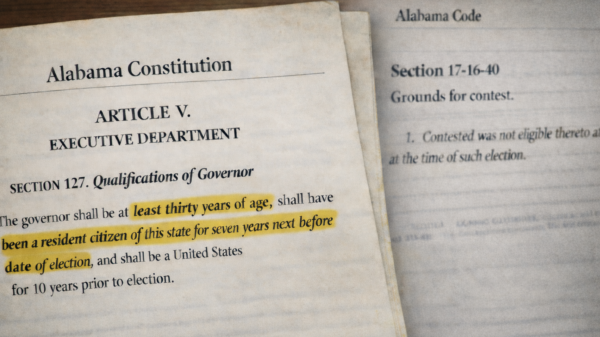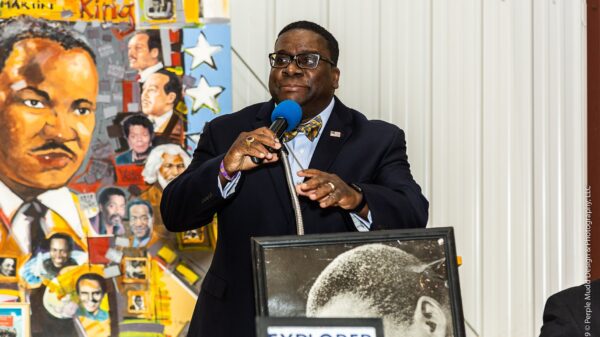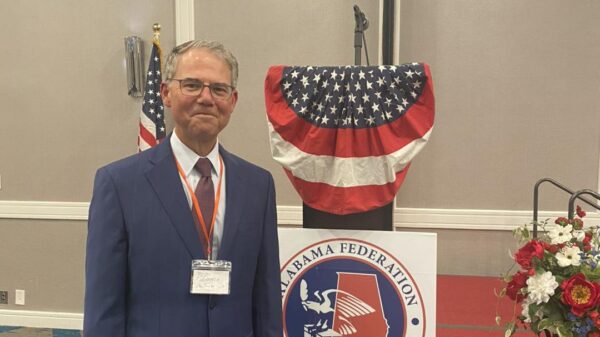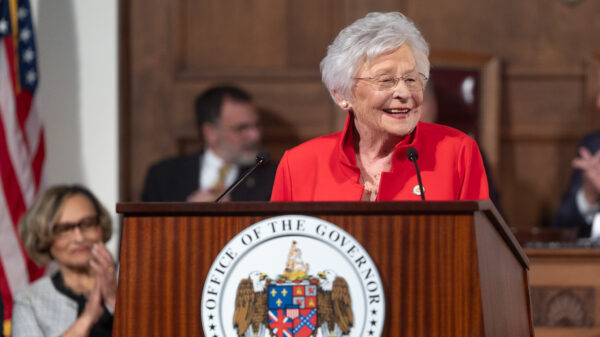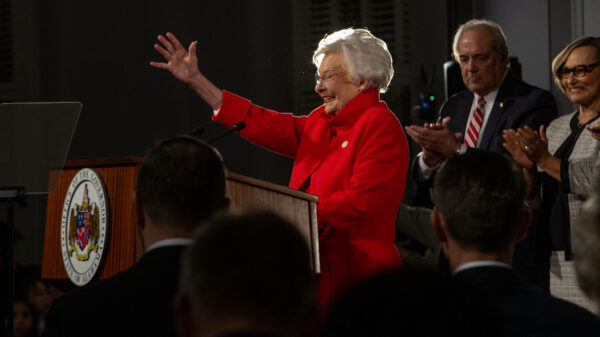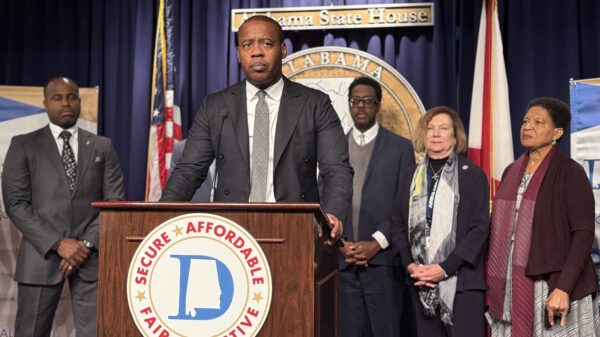We need leaders who inspire us to be better—who lift us up, not tear us or others down. True strength is measured in humility, not in volume or venom. It is the weak man—or woman—who tries to feel big by making others feel small.
Yet, we live in a time when anger is mistaken for authenticity, and cruelty for courage. The loudest voice in the room often drowns out the wisest. And too many voters, worn down by uncertainty and fear, turn toward those who promise strength not by offering solutions—but by pointing fingers.
Psychologists call it authoritarian appeal: the phenomenon where individuals under stress or threat gravitate toward dominant, unyielding leaders who express rage without remorse. These leaders project certainty, even when they are wrong. They are never sorry, because to them, apology is weakness. To some, that sounds like leadership. In reality, it’s a mask for insecurity and control.
As social psychologist Erich Fromm wrote in Escape from Freedom, “The authoritarian character admires authority and tends to submit to it, but at the same time he wants to be an authority himself and to have others submit to him.” That paradox explains a great deal about today’s politics: people seduced by domination, longing to be both ruled and feared.
We see this play out in our own statehouse. More and more, Alabama’s Legislature has become a theater of performative rage—where lawmakers posture for power by punishing already marginalized communities. Whether it’s attacking LGBTQ+ youth, limiting women’s healthcare decisions, or pushing laws to suppress dissent, many of these efforts follow a familiar script: identify a vulnerable group, frame them as a threat, and then promise to restore order by putting them “in their place.”
This is where another psychological concept comes into play—Social Dominance Orientation, SDO. It’s a tendency seen in individuals who believe society functions best when one group dominates another. People high in SDO are more likely to support policies and leaders that enforce hierarchy—whether by race, gender, class or religion.
As researchers Jim Sidanius and Felicia Pratto put it, “Social dominance orientation refers to the extent to which one desires that one’s in-group dominate and be superior to out-groups.” In Alabama, we’re seeing that play out in real time: laws that don’t solve problems but reinforce power; speeches that don’t unite, but divide; and leadership that doesn’t lead, but commands.
Of course, it’s easier to control through fear than to govern through compassion. It’s easier to rally people around resentment than to build consensus around responsibility. But easy doesn’t mean right.
We don’t need more showmen. We need statesmen. Alabama deserves leaders who use power not to dominate, but to serve—leaders who don’t puff up their egos at the expense of others’ dignity, and who believe the highest use of office is not punishment, but progress.
As President Dwight D. Eisenhower once said, “You do not lead by hitting people over the head—that’s assault, not leadership.” And Abraham Lincoln reminded us, “The legitimate object of government is to do for a community of people whatever they need to have done but cannot do at all, or cannot do so well, for themselves.”
We’ve had such leaders in Alabama. Take Governor Lurleen Wallace, a woman who began her term as a stand-in for her husband but quickly emerged as a voice of quiet strength. Amid the noise of segregationist politics, she focused on mental health care, children’s welfare and dignity for the poor. Her term was short, but her example endures—a reminder that grace in leadership is still possible.
Or consider Senator Howell Heflin, widely remembered as a statesman who believed public service should place honor before advantage and the public good before personal gain. Heflin was not above politics—but he was never beneath principle.
Compare that to the modern rise of those who confuse cruelty with clarity, and who wield power like a club instead of a calling. Their legacy may be loud—but it will not last.
Today, Alabama faces a turning point. Governor Kay Ivey will leave office at the end of her term, and so will Lieutenant Governor Will Ainsworth. What kind of leaders will replace them?
That question isn’t rhetorical—it’s defining. It will tell us whether Alabama wants leaders who govern with wisdom and compassion—or those who lead with cruelty and division. Whether we want more bravado, hateful bluster and performative rage—or leaders who carry a spirit of unity, humility and the true Alabama values of kindness, understanding and decency toward all.
Yes, the base of their party has changed. It has grown increasingly enamored with dominance and disdain. But voters are not hostages to anger. Not yet.
This is the psychological trap we must confront—authoritarian appeal paired with Social Dominance Orientation. It rewards outrage over outcomes, power over purpose. It creates a vicious cycle where cruelty is currency and decency is dismissed as weakness. And those who suffer most are the ones without lobbyists, without platforms—those just trying to live their lives in peace.
We see it in legislation that punishes instead of protects. In rhetoric that divides instead of heals. In a culture that praises the bullies and silences the bridge-builders.
But we still have a choice.
The question before us is simple: Do we want leaders who lead us toward the light—or those who keep us locked in the shadows of resentment and rage?
Because Alabama has chosen better before. And we can again. But we must want it badly enough to demand it—at the ballot box, in the public square, and in the quiet moments when courage whispers instead of shouts.
As the late civil rights hero John Lewis once said, “You are a light. Never let anyone—any person or any force—dampen, dim or diminish your light.”
It’s time to demand leaders who help us shine—not those who prefer we stay in the dark.

